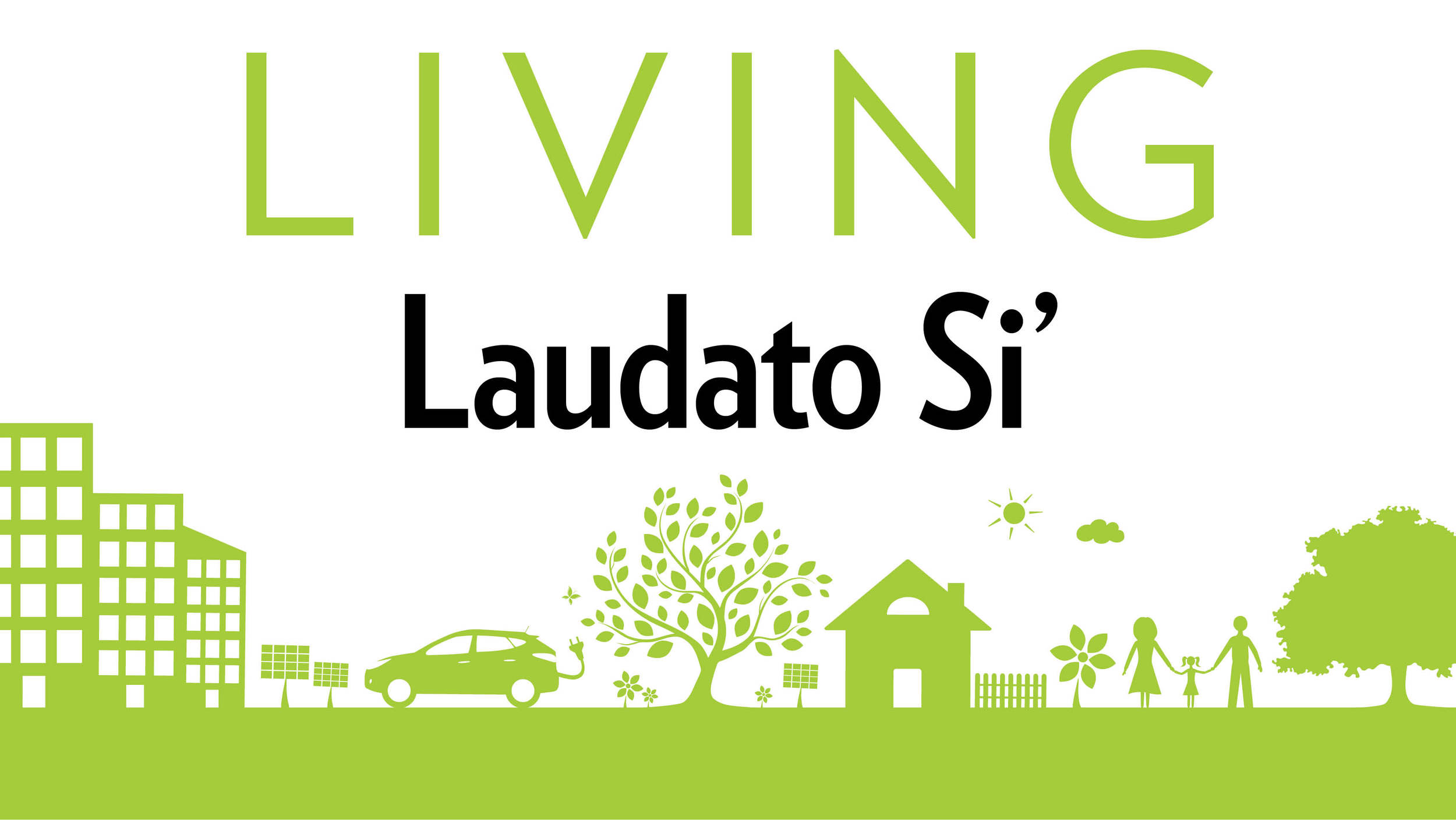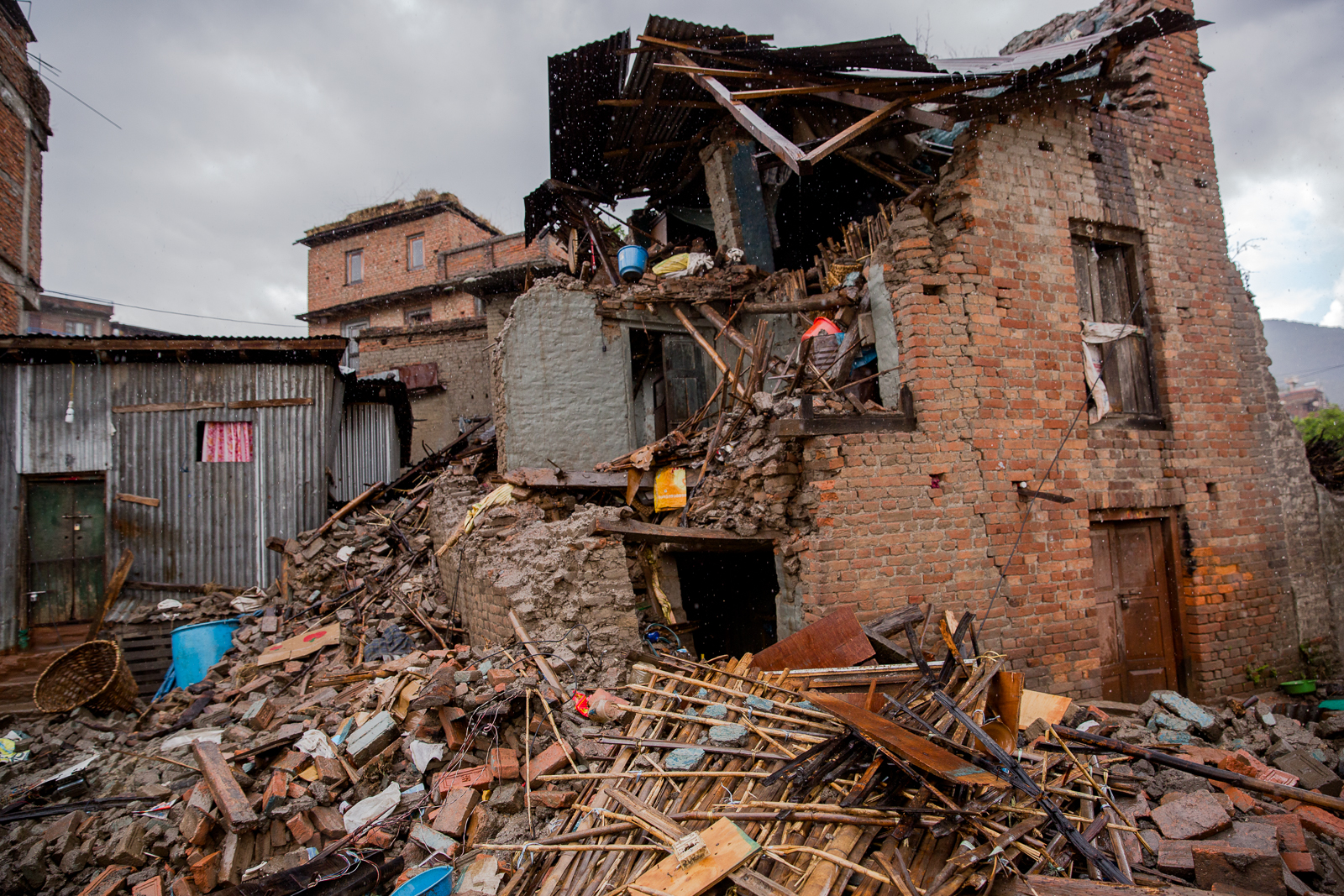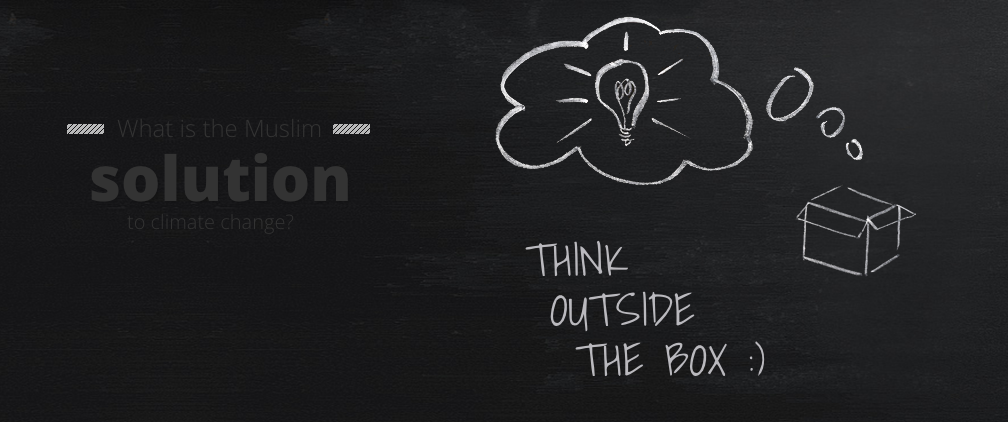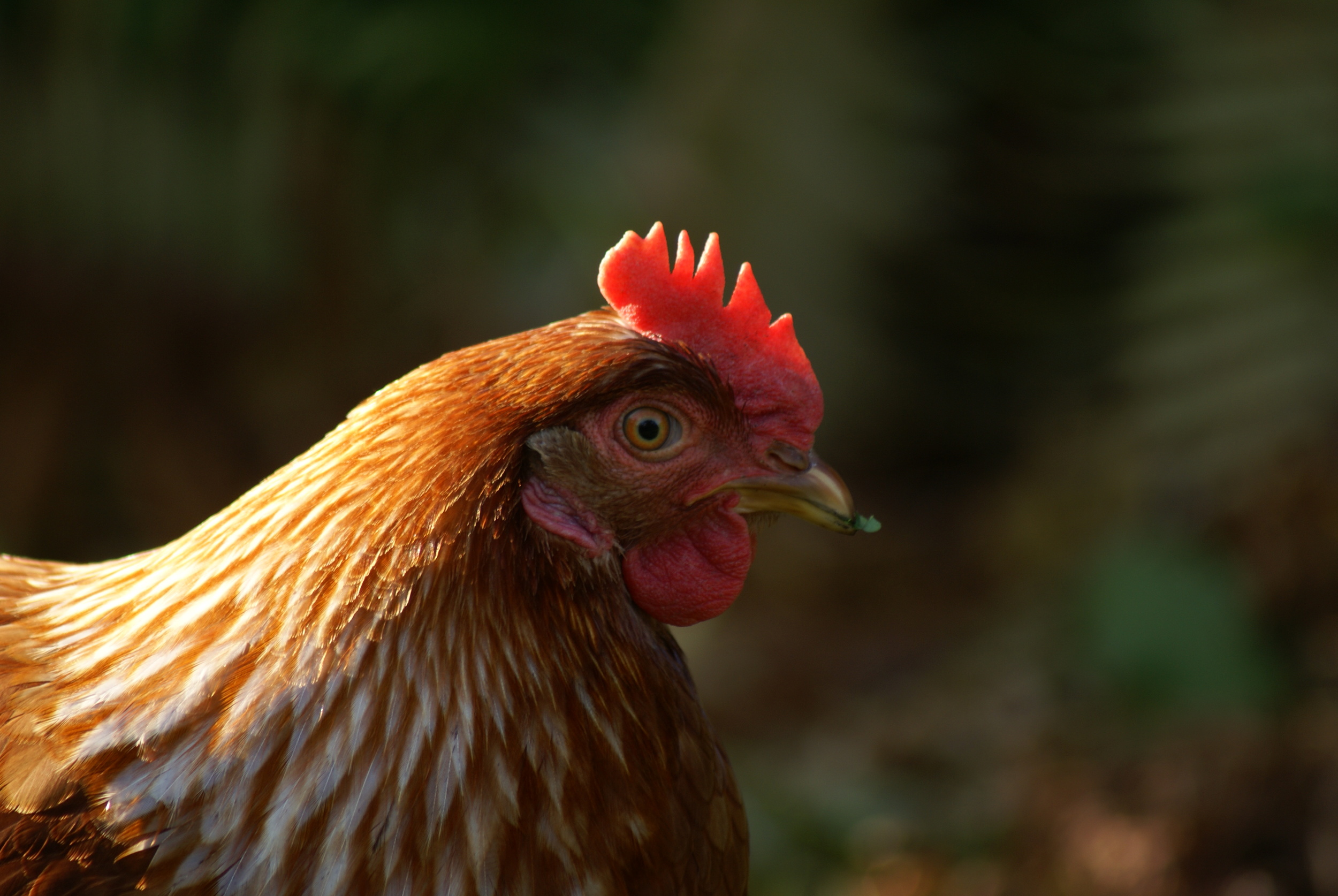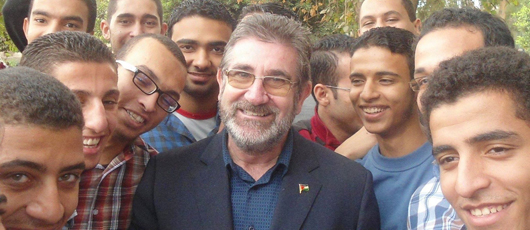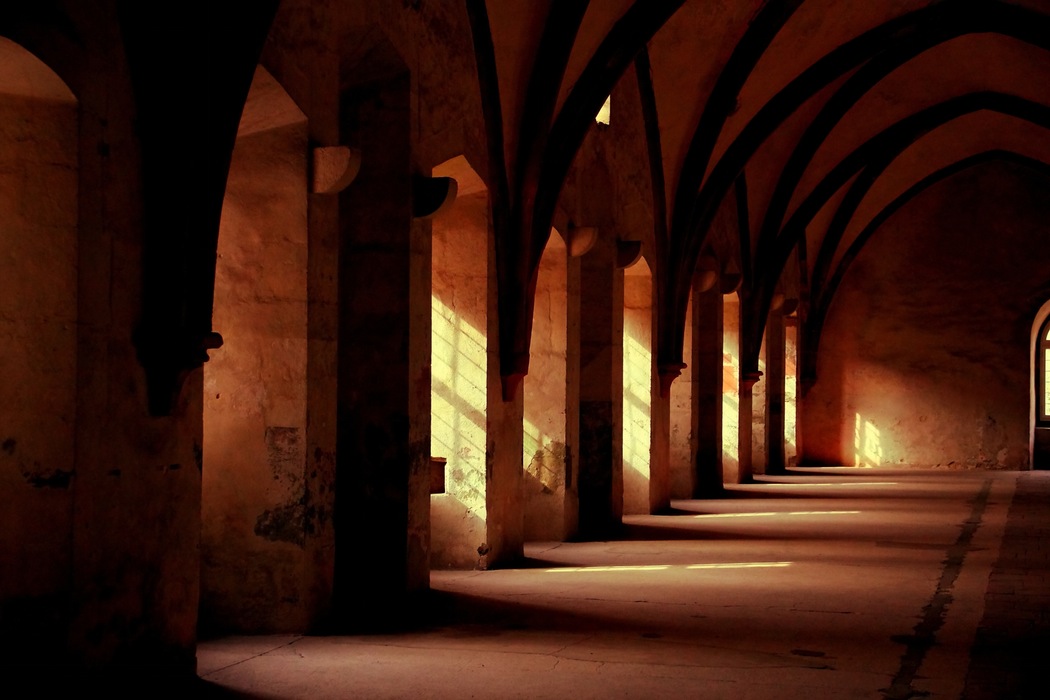By Dr. Hind Al-Abadleh
“Nature has a way to go on whether we’re part of it of not” – Film director Kai Reimer-Watts
What a powerful line at the beginning of a film launch that marked the third year of the People’s Climate March on September 21, 2017 in Waterloo. This day also marked the UN International Day of Peace.
Beyond Crisis is unique compared to other documentaries on the topic of man-made climate change and the need for action. It is narrated by the film director, Kai Reimer-Watts, who holds a Master of Climate Change from the University of Waterloo. The documentary is divided into parts: the first part reminds us of the science behind the changing climate at unprecedented rates relative to the past 400,000 years. It shows news clips of the most recent impacts linked to climate change within the last 10 years on major cities across the globe, from flooding, to droughts, to intense and more frequent hurricane activities and wild fires. The film shows interviews and highlights from the recent scientific literature by notable scientists like Dr. James Hansen of NASA, and those who contributed and reviewed the latest Intergovernmental Panel on Climate Change Reports.
The second part of the film interviews social justice activists who highlight the fact that people who did not contribute to the problem are the ones who are facing the most consequences. More specifically, nations around the equator who live in low land will experience sea rise and floods. Increasing heat waves in some of these lands will not only make life unbearable, but will affect food production and water quantity and quality, leading to mass migration and political conflicts. Closer to home, indigenous communities who live in their ancestral lands in the northern parts of Canada have seen first hand the effects of increasing rates of ice melting on their infrastructure and food resources. Interviews with social activists and journalists such as Naomi Klein emphasized the moral responsibility of those who live carbon-intensive lifestyles to those whose basic living conditions are threatened or even destroyed because of climate change impacts. The movie featured what religious communities in particular have done in this regard, from Pope Francis’s Climate Change Encyclical to the Islamic and Hindu Declaration on Global Climate Change, to name a few.
The following parts in the film focused on the background story behind organizing for the People’s Climate March in 2014 that brought together over a million people in many cities around the world to protest policies on climate change and call on government leaders to take action before time is too late to act. This great march that brought people from all walks of life together was influential in exerting pressure on political negotiators who participated in the talks that led to the Paris climate agreement within the United Nations Framework Convention on Climate Change in 2016. This historical agreement aims to hold global climate temperature to well below 2 degrees C relative to pre-industrial levels, by reducing carbon emission and increasing adaptation and climate resiliency efforts. Signatory countries have to come up with their own national efforts to meet the goals of the Paris agreement. Here comes the role of individuals and communities, who have to keep the issue of climate change front and centre when making choices in their lifestyles and when they elect the politicians who represent them.
The last part of the movie flowed naturally to the massive opportunities that awaits us in creating a new future that is more sustainable, socially just, and in harmony with nature. With interview clips from scientists and thought leaders in politics and the energy sector, the path to meeting Paris goals was laid out in three major points:
Stop all subsides to the fossil fuel industries,
Price carbon to truly account for the true cost of pollution,
Divest investments from fossil fuels to renewable energy.
We need to shift our thinking from relying on an economy based on resource development to a technology based economy, where we harness the energy of the sun, wind and geothermal wells to power conscious and sustainable lifestyles. Employment data shows that this transition to renewable energy will create more jobs that those lost from ceasing to work in fossil fuel industries. The film emphasizes that this grand challenge can be overcome within a generation when the politicians and people come together and work towards a common goal. Examples from history highlighted in the movie to prove this point included civil rights movement with Martin Luther King, funding projects that landed humans on the moon, and preparing for the military might that defeated Nazism in World War II.
At the end of the screening, the attendees left with a renewed sense of hope and mingled together to share their ideas and ongoing projects they’re working on. It was a truly inspiring experience that shows the importance of grassroots effort in tackling what appears to be a problem of magnificent magnitude. I highly encourage everyone of you to plan for a screening of this film in your community, invite the Director for a Q & A, and keep the conversation, and action, going.
Dr. Hind Al-Abadleh is a Professor of Chemistry at Wilfrid Laurier University in Waterloo, ON. She is also the Science Advisor for Students for Sustainability at Laurier. She could be reached via e-mail: halabadleh@wlu.ca











